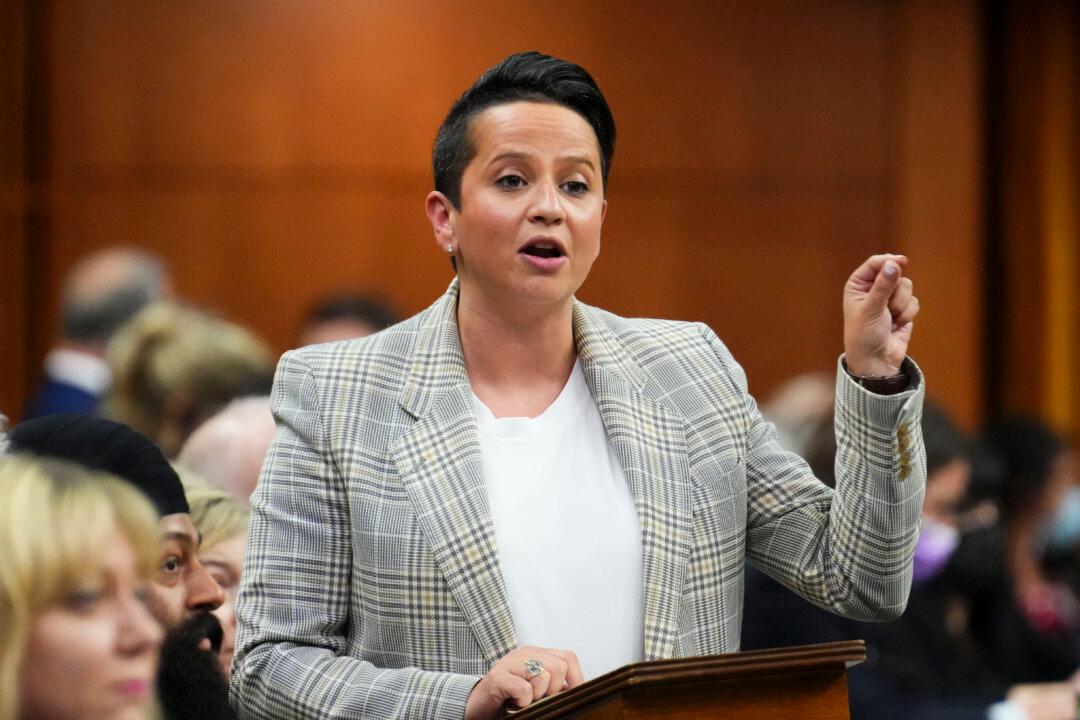The Liberal cabinet’s abstention from voting on a motion related to persecuted Uyghurs and other Turkic minorities is not a good sign for those expecting a stronger China policy in the government’s upcoming Indo-Pacific strategy, said Conservative Deputy Leader Melissa Lantsman.
“We want to see a government that actually has a policy on China,” Lantsman told The Epoch Times in an interview.





